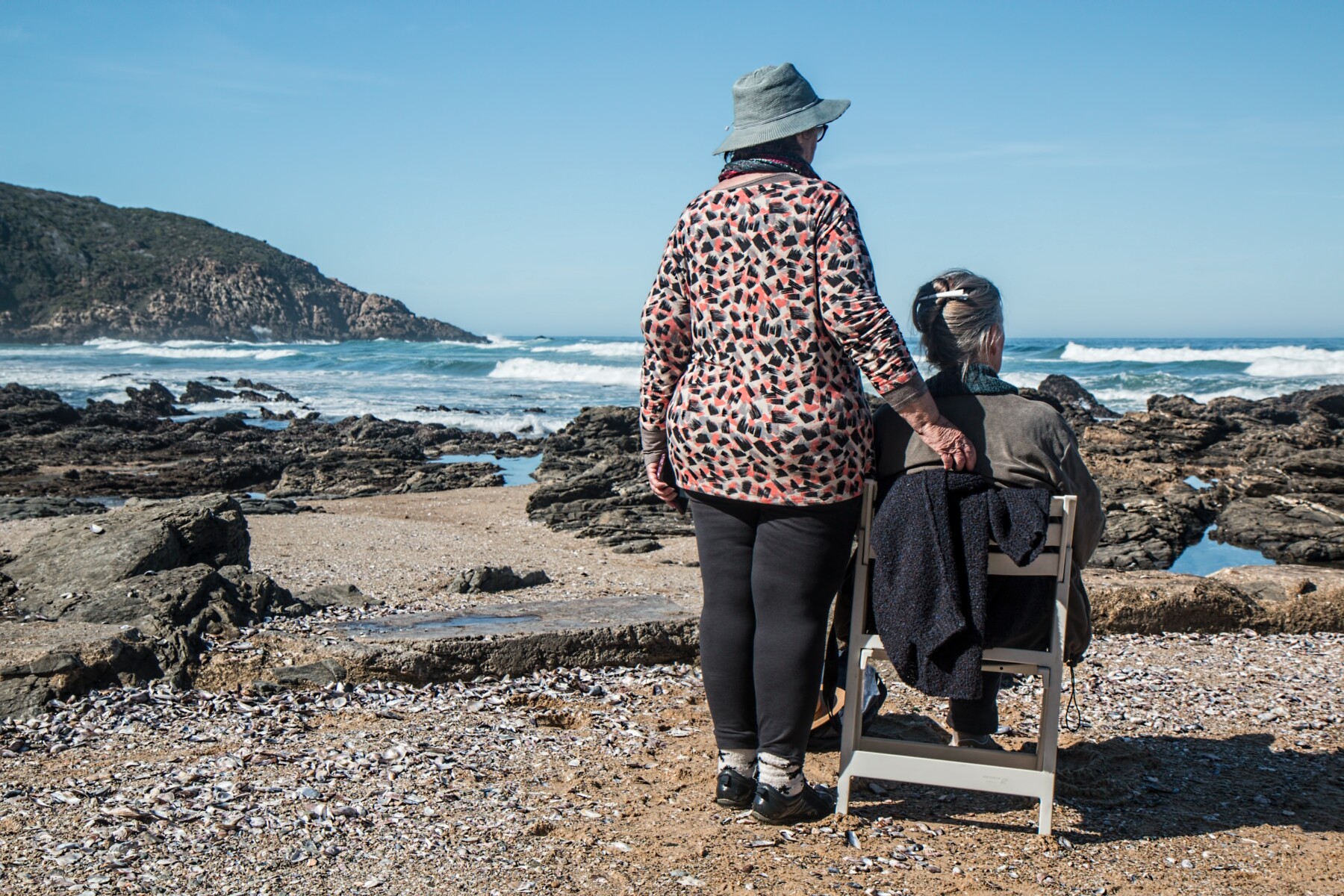The last few months have highlighted a few facts about our social care system. First, just how essential it is. Unless they are users of the care system or have a relative in care, most people probably don’t give social care much of a thought (other than as a service they might need sometime in the future).
Care workers and care providers haven’t been given the same recognition and credibility as staff working in the NHS. But COVID-19 threw a spotlight on the work the care system does. It highlighted just how interconnected health and care services are when it comes to meeting the needs of an ageing population.
Users want the care system and the provision they receive to be seamless. It’s pretty irrelevant to them whether they are in a health or a care setting. They just want to be reassured that their needs are being looked after.
Shared Goals
The NHS and the care sector have the same goals: caring for those in need in the best way possible. Completely integrated care allows people to move between settings without feeling that they are being transferred from one service to another. To achieve this, the status of the care sector and care workers has to be addressed.
During the peak of the pandemic, the care sector kept going in very difficult circumstances. The fact that hospitals weren’t overwhelmed owed much to the contribution of care providers. We have worked closely with local authorities and CCG’s throughout and continue to do so, in responding to the rapidly increasing demand for care as people went back home.
Many providers invested significantly in training, procedures and equipment – ensuring that infection control measures were in place and to make the risks as minimal as possible. Altogether Care made sure that any new residents coming into the care home were tested negative for COVID-19 from the beginning of the crisis and are continuing to ensure that new residents take tests, only accepting individuals who test negative.
The future will bring further challenges. There’s a very real risk of a second wave of COVID-19 infections this winter. We also have an ageing population and a service that is still underfunded and suffering from severe staff shortages. Brexit will not make the situation any easier.
The vital work carried out by the care sector is now prominent in the media and in the minds of politicians and the public. This is the time to address long-standing issues around integration of health and care services, funding, and the esteem of care workers compared to NHS staff. Ultimately, we are all working towards the same goals.
For more information, contact us today on 01305 300161 or email contact@altogethercare.co.uk









